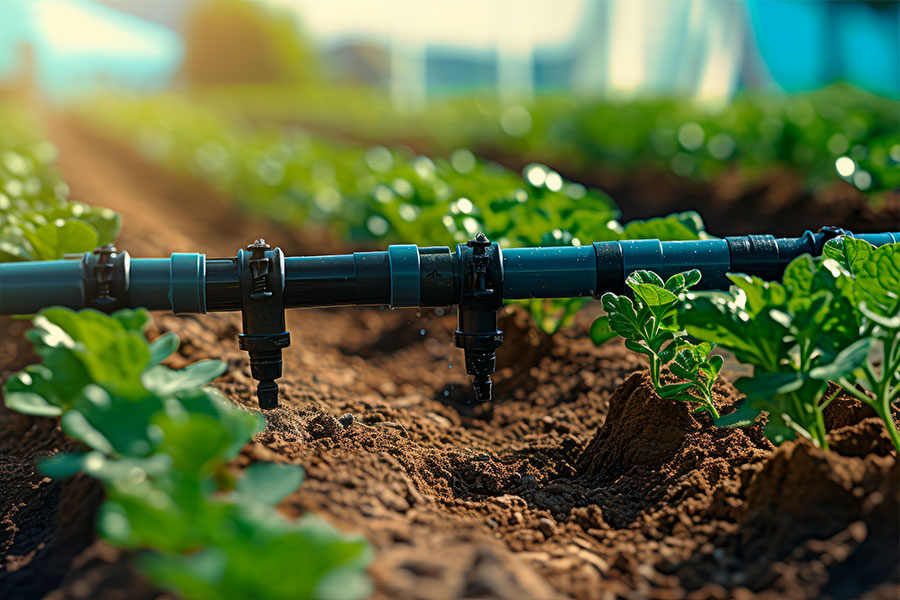In Germany, changing consumer preferences continue to redefine the agricultural sector. The growing demand for organic, local, and sustainable products is influencing not only consumers’ food choices, but also farmers’ practices and government priorities. According to a recent study by the FÖS Institute (Forum Ökologisch-Soziale Marktwirtschaft), sales of organic products jumped by 22% in 2022, reaching a turnover of €15 billion.
German agriculture and consumption:
Recently, the German government launched an ambitious program to support sustainable agriculture. With a budget of €1.5 billion until 2026, the aim is to support local farmers in the transition to ecological practices, in particular by promoting organic farming and the adoption of precision technologies to reduce the environmental footprint of farms.
Organic market share : Today, 11.3% of German farmland is used for organic farming, with a national ambition to reach 30% by 2030.
– Meat consumption : Germany observed a 12% decline in per capita meat consumption between 2015 and 2024, while plant-based alternatives now account for 7% of protein product sales.
– Local food and short supply chains : Nearly 56% of Germans favor local products, according to a survey conducted in 2023, while highlighting a strong preference for short supply chains and supply chain transparency.
The challenges and opportunities of the German agricultural sector
The major challenge for German farmers now is to adapt their practices and crops in order to meet a rapidly changing demand. Indeed, opting for technologies such as sensors and precision agriculture makes it possible to reduce the carbon footprint while improving the productivity of farms. Through the new subsidies and the orientation towards a sustainable model, German farmers are increasingly prepared to meet consumer expectations, while contributing to the country’s environmental goals.
Ultimately, these changes reveal a major shift towards a more environmentally friendly and public health agriculture in Germany, showing that the evolution of new consumer trends strongly influences the agricultural sector and public policies.




